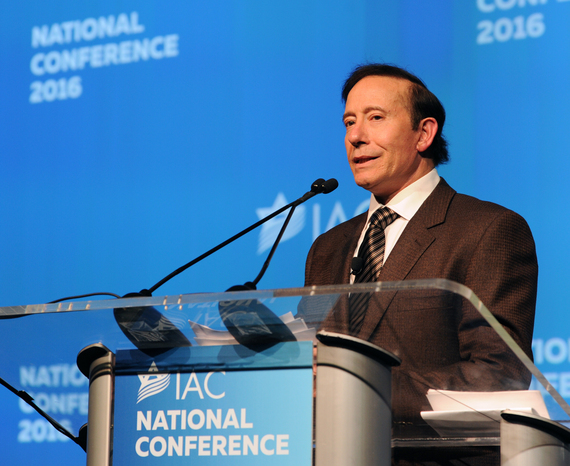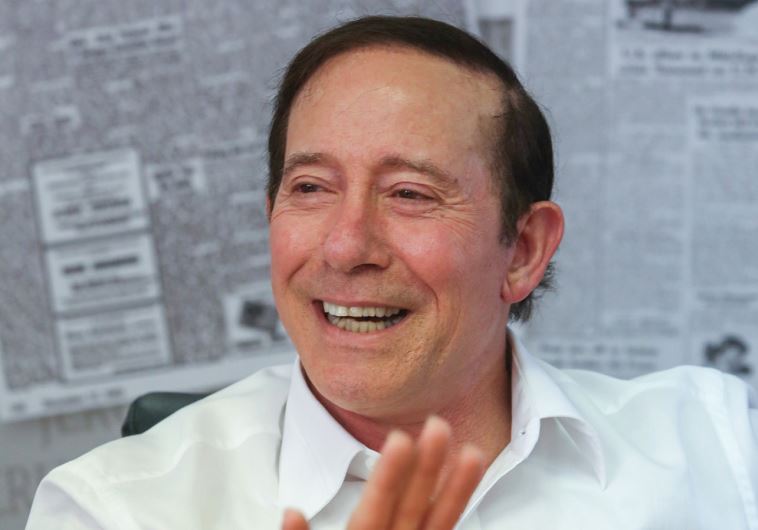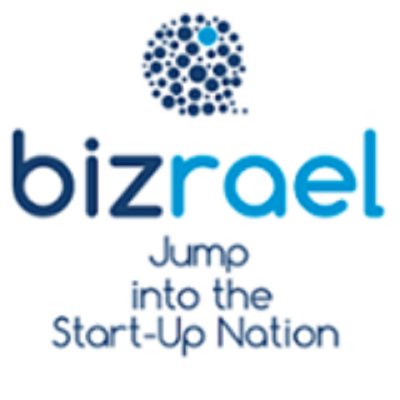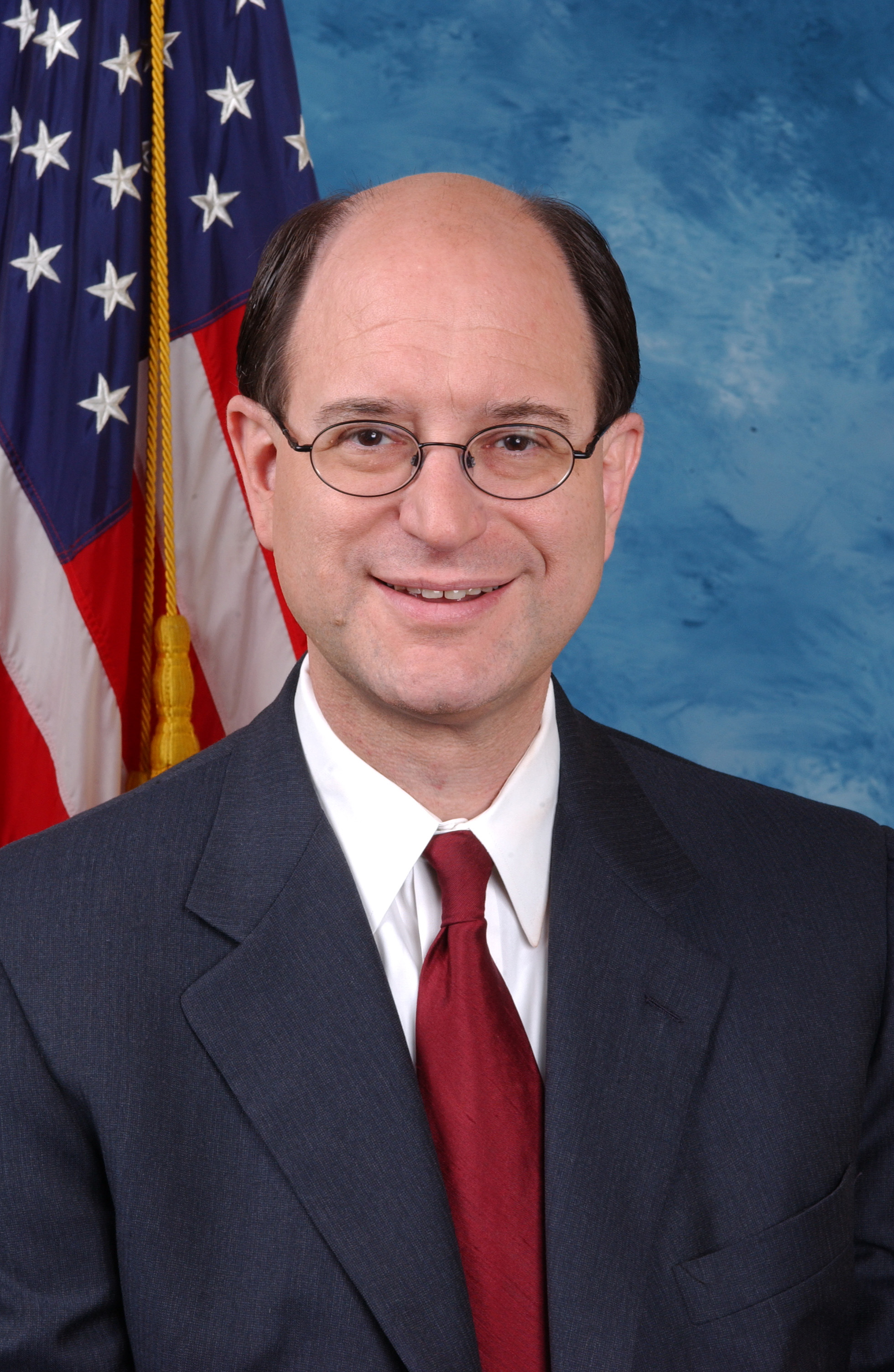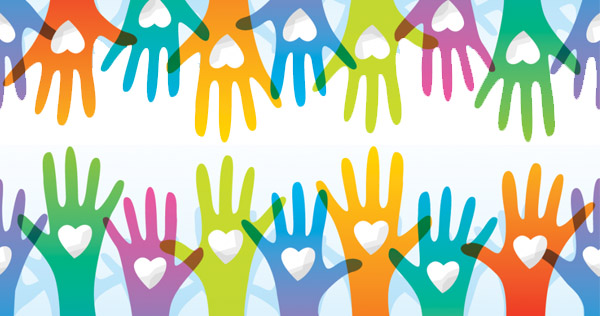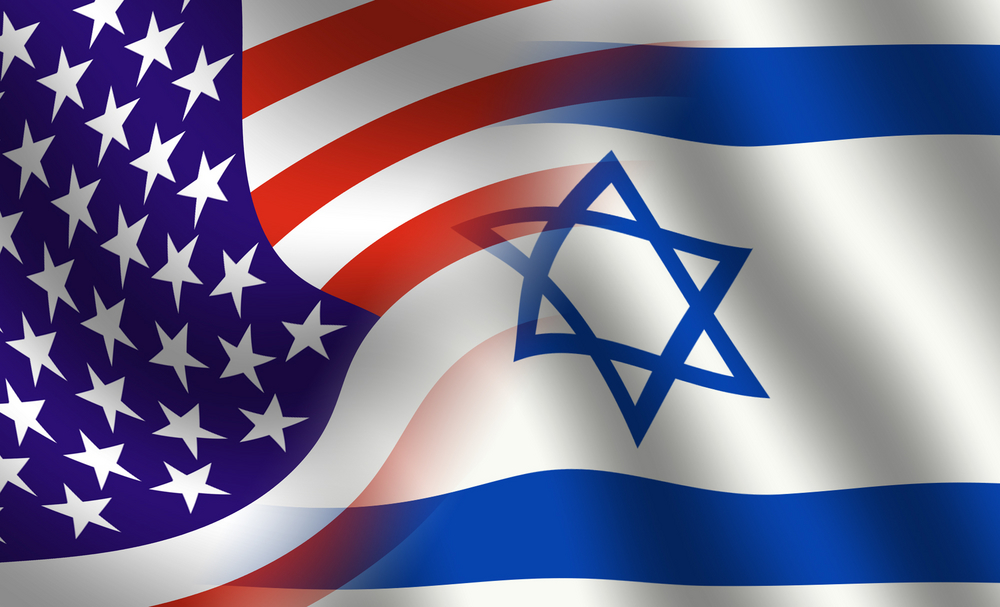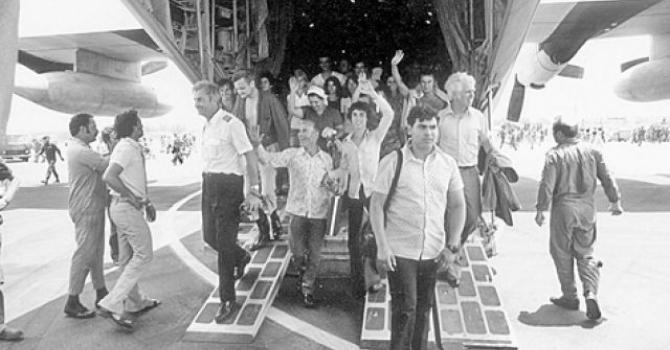The IAC’s Third Annual Conference: Embracing a New Identity, Building a Movement and Changing Jewish Future
By: Adam Milstein
Last month, in our nation’s capital, the Israeli-American Council (IAC) hosted the largest gathering of the Israeli-American community in history. The IAC’s Third Annual National conference brought together more than 2,100 Israeli-Americans and Jewish-Americans of all ages and backgrounds, alongside dynamic leaders from Israel and the Jewish American community, lawmakers from across the entire political spectrum and thinkers changing the conversation about Jewish life.
The remarkable three-day gathering made it clear that the Israeli-American community is stronger than ever before. In 2014, the first year the IAC held a national conference, 650 people attended. Last year, that number doubled to 1,300. This year, more than 2,000 people from across this country and across the ocean.
What is driving this rapid growth?
We have not just been building an organization, but a Movement, rooted in entirely new Israeli-American identity.
Before we founded the IAC, no one used the term “Israeli-Americans” or “Americans of an Israeli descent.” Now we proudly embrace our Israeli-American identity, which is centered on the idea that we love our home in America at the same time remaining deeply connected to our Jewish homeland, which will always be in Israel.
And around that identity, we have united, energized and engaged the Israeli-American community like never before, with a unified vision, a clear mission, and a powerful voice.
Over the past three years, with the support and visionary leadership of Dr. Miriam and Sheldon Adelson, the IAC has grown from Los Angeles to 10 regional councils, with activities in 27 states, engaging 250,000 Americans of Israeli descent nationwide.
Just this past year, we added three regional offices, opened our first IAC community center in America, and added IAC Eitanim and IAC Lead, two unique and impactful programs for the next generation. The Israeli-American Coalition for Action (IAC for Action), our sister advocacy group, in partnership with other major Jewish organizations, championed legislation to prevent companies engaging in discriminatory boycotts from doing business with the state of California. At the conference, I broke the news that California Governor Jerry Brown had just signed the bill into law.
We have been able to leverage our unique hybrid identity to bring Israeliness to the Jewish community in America, reinforce the ties between the Israeli people and their American counterparts, and actively support the State of Israel in its campaign against the growing tide of delegitimization and antisemitism.
“The Israeli Diaspora is an idea whose time has come,” Gidi Grinstein, president and founder of the Reut Institute, said at the Closing Sunday Plenary at this year’s conference. “Israeli-Americans are the fastest rising force in the Jewish community and the IAC is the fastest growing organization of our time.”
At our Saturday afternoon plenary, Birthright Israel CEO Gidi Mark said Israeli-Americans, who comprise 15 percent of America’s Jewish population, are a key asset in helping American Jews connect to Israel. In his remarks, Barry Shrage, CEO of the Combined Jewish Philanthropies of Boston, summed up the IAC’s impact best: “I feel like I am at the crossroads of Jewish history here.”
Two distinguished American politicians spoke about the importance of that relationship: former New York City mayor Rudy Giuliani and Sen. Chuck Schumer, who said in his speech, “The Israeli-American community has made our country, and particularly my home state of New York, the vibrant, ascendant and optimistic place that it is today.”
Leaving Washington, D.C., one thing was clear to me: Israeli-Americans are becoming a living bridge between the Israeli and American people. By embracing our unique identity, Israeli-Americans are no longer on the fringes of the Jewish American community, but a core pillar of its strength.
By building deeper partnerships between Israeli-Americans and Jewish- Americans, we will make Jewish life in America more vibrant and we will strengthen the Jewish community to stand up and fight against the growing antisemitism in America and all over the world.
Brick by brick, program by program, city by city, we are creating a movement that will last generations. We are building our new identity. We are building our Israeli-American community. For Israel, for America and for the Jewish people: We are changing Jewish future.

